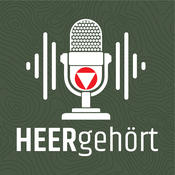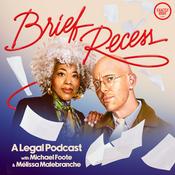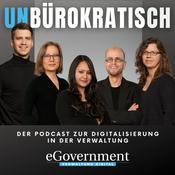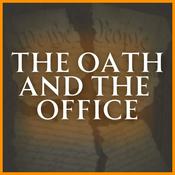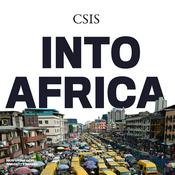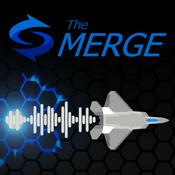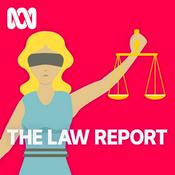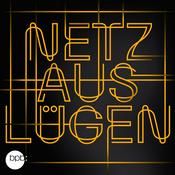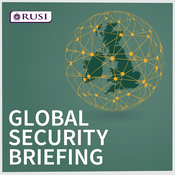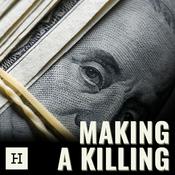684 Episoden
The Economic Case for the US-Israel Partnership with Minister of Economic Affairs Noach Hacker
19.2.2026 | 58 Min.The Center for Peace and Security in the Middle East will host a fireside chat between Israeli Minister of Economic Affairs Noach Hacker and Dr. Michael Doran. They will examine the economic foundations of the United States–Israel partnership and its growing importance to American prosperity and competitiveness.
Expanding on Hudson’s recent policy memo on US-Israel economic cooperation, the discussion will also explore Israel’s technical edge and how collaboration in artificial intelligence, cybersecurity, and other emerging technologies delivers tangible returns for the United States.Opportunity and Uncertainty in the Middle East: Next Steps for the Kurdistan Region of Iraq
18.2.2026 | 1 Std.For decades the United States’ partnership with the Kurdistan Region of Iraq (KRI) has been a crucial component of American policy in the Middle East. Today the Middle East holds unprecedented economic opportunities for the US and its regional allies. But the region is also wracked by potential conflicts—especially tensions between the United States and Iran and a fragile truce in eastern Syria. Against this uncertain backdrop, Iraqis are immersed in a complicated, high-stakes government formation process in both Baghdad and Erbil. How will these dynamics shape the future of the US-KRI partnership? What are the most significant opportunities for this partnership? And what do policymakers need to do to mitigate risks to US-KRI mutual interests?
Join Hudson for a deep dive into these topics with Interior Minister of the Kurdistan Regional Government His Excellency Rebar Ahmed, one of the region’s most experienced and respected statesmen. Senior Fellow Joel Rayburn will host Minister Ahmed for a fireside chat followed by audience Q&A.- On February 5, 2026, the United States’ last bilateral nuclear arms control agreement with Russia, the New Strategic Arms Reduction Treaty (New START), expired after 14 years. Russia had been violating the terms of the agreement since 2023.
Secretary of State Marco Rubio recently reaffirmed President Donald Trump’s commitment that “future arms control must address not one, but both nuclear peer arsenals.” Rubio also said that even as the United States remains open to diplomacy, it will maintain a “robust, credible, and modernized nuclear deterrent.”
Join Senior Fellow Dr. Rebeccah Heinrichs and Assistant Secretary of State for Arms Control and Nonproliferation Dr. Christopher Yeaw for a discussion on the administration’s priorities for arms control, nonproliferation, and strategic deterrence in an era of complex nuclear threats. - Nuclear fusion has held the secret to nearly limitless clean energy since its discovery almost a century ago. Yet scientists around the world, particularly in the United States and China, are only now getting close to making this method of energy generation a reality. Rising US-China competition has further accelerated research and development in this now-critical economic and security technology.
To examine the future of fusion and its geopolitical implications, Hudson will host a two-part event. The first expert panel will focus on fusion and its relationship to the US nuclear deterrent. The second panel will examine how supply chains and the US industrial base can best facilitate fusion deployment. Assistant Secretary of War Michael Cadenazzi on Rebooting America’s Defense Industrial Base
12.2.2026 | 1 Std. 4 Min.The first Trump administration warned Americans that depending on foreign manufacturing had eroded the United States’ industrial base over the previous 30 years. Both parties now recognize the danger of US supply chains relying on China—a dependence that includes common consumer goods and extends to critical inputs for US military systems. Fortunately, the second Trump administration is continuing to rebuild the US defense industrial base and restore American manufacturing. The Department of War is a primary driver of this effort.
Join Hudson for a conversation with Assistant Secretary of War for Industrial Base Policy Michael Cadenazzi, who leads the DoW’s efforts to develop and maintain the US defense industrial base to secure critical national security supply chains. Assistant Secretary Cadenazzi will give remarks on the department’s new initiatives and priorities, then sit down for a fireside chat with Senior Fellow Nadia Schadlow. The event will conclude with audience Q&A.
Weitere Regierung Podcasts
Trending Regierung Podcasts
Über Hudson Institute Events Podcast
Founded in 1961 by strategist Herman Kahn, Hudson Institute challenges conventional thinking and helps manage strategic transitions through interdisciplinary studies in defense, international relations, economics, energy, technology, culture, and law.
Hudson seeks to guide policymakers and global leaders in government and business through a robust program of publications, conferences, policy briefings, and recommendations.
Podcast-WebsiteHöre Hudson Institute Events Podcast, Aus Politik und Zeitgeschichte (APuZ) und viele andere Podcasts aus aller Welt mit der radio.de-App
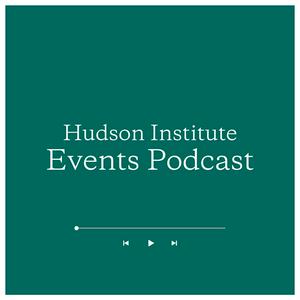
Hol dir die kostenlose radio.de App
- Sender und Podcasts favorisieren
- Streamen via Wifi oder Bluetooth
- Unterstützt Carplay & Android Auto
- viele weitere App Funktionen
Hol dir die kostenlose radio.de App
- Sender und Podcasts favorisieren
- Streamen via Wifi oder Bluetooth
- Unterstützt Carplay & Android Auto
- viele weitere App Funktionen


Hudson Institute Events Podcast
Code scannen,
App laden,
loshören.
App laden,
loshören.


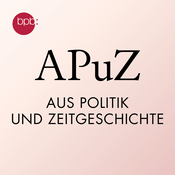

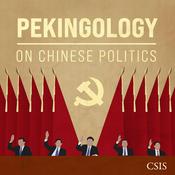
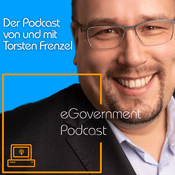

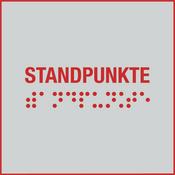

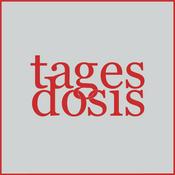
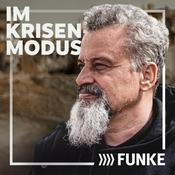
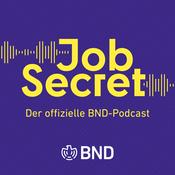


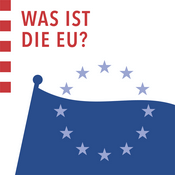
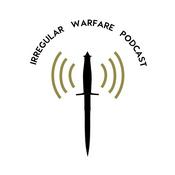
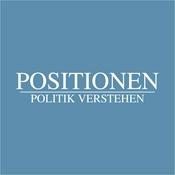



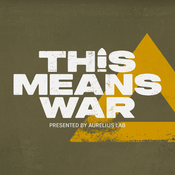
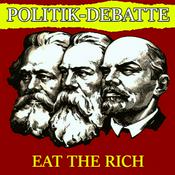

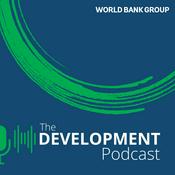
![Podcast Interventionistische Linke [iL*] Podcast](https://www.radio.de/podcast-images/175/interventionistische-linke-il-podcast.jpeg?version=b3bc0793f11d215944994044ecfd998604e6c56d)
